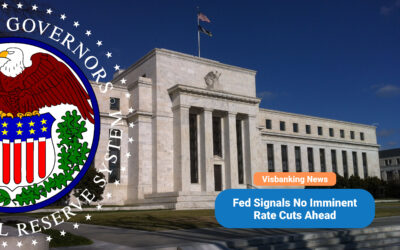By: Ken Chase.
Estimated reading time: 3 minutes
The Bureau of Economic Analysis confirmed many Americans’ fears on Thursday, reporting that the U.S. gross domestic product fell by 0.9 percent in the second quarter of 2022. That marks the second consecutive quarter of negative growth for the year, which traditionally indicates that the economy has entered these. The contraction also defied Dow Jones expectations of a 0.3 percent gain.
Despite the grim news, White House officials and their media allies continued to insist that the economy remains strong and dismissed suggestions that the U.S. was in recession. Over the last week, various officials and media outlets have argued against the commonly used definition of recession, citing the strong labor market and other factors as indicators that the current economy cannot be judged by that historical metric.
For example, administration allies have pointed to continued strong hiring as a sign that the economy cannot be in recession. As some observers have noted, however, the U.S. economy has had roughly ten million job openings for more than a year, largely due to the fact that the labor participation rate was decimated by forced business shutdowns during the early days of the pandemic.
The administration has also cited increased worker income as a positive, insisting that workers have more stability in earnings now and a greater ability to make ends meet. Consumer confidence surveys suggest that Americans disagree, however, as persistently high inflation continues to outpace any wage growth.
Federal Reserve Chair Jerome Powell is also on record dismissing any notion that the U.S. economy is in recess. Meanwhile, the Fed just raised interest rates by another 75 basis points this week as it continues its efforts to battle high inflation.
In arguing against any suggestion that two consecutive quarters of negative growth signals a recession, the administration and media outlets have cited the National Bureau of Economic Research’s definition, which defines such a downturn as “a significant decline in economic activity that is spread across the economy and lasts more than a few months.”
Nevertheless, as CNBC recently noted, “every period since 1948 of two consecutive negative quarters has coincided with a recession.”
Semantics aside, the reality is that Americans may themselves ultimately decide the economy’s immediate fate. Consumer sentiment can play a huge role in economic outcomes, with higher consumer confidence boosting spending and negative sentiment leading to less economic activity. When Americans doubt the health of the economy, they often pull back on spending, which can further accelerate GDP decline.
A recent survey of Americans found that 65 percent of registered voters – including a majority of Democrats – said that the U.S. is already in a recession. That’s higher than a 2020 survey at the height of the pandemic shutdown, where only 51 percent said that the economy was in an actual recession.




